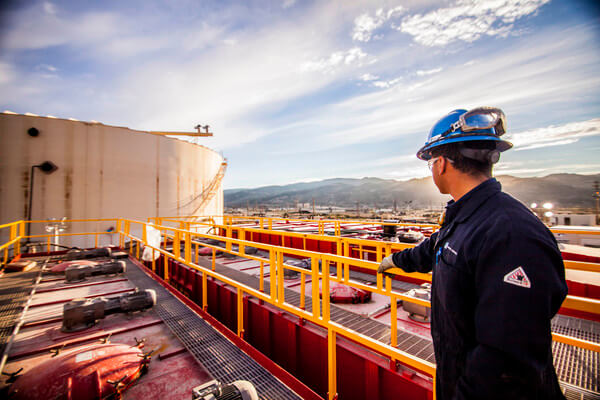The role of a project manager in an EPC project
In many ways, a project manager is like a conductor of an orchestra. A conductor doesn’t need to know how to play every instrument. Instead, a good project manager needs the ability to lead people who have different skills and roles within the project. Like a conductor, a project manager needs to be able to communicate effectively and keep the project moving on time. Finally, just a conductor helps cue his musicians and leads rehearsals, a project manager looks ahead to see what might cause a disruption and provides his team with guidance to navigate challenging circumstances.
As you can see, project managers play an important role in any large project. Engineering, procurement and construction (EPC) projects are no exception. Let’s examine how project managers contribute to the success of your critical infrastructure project.
Project Managers Help Define Scope
In the planning stages, a project manager helps define the scope of work for the project. This person may even be involved in front-end engineering and design (FEED), budgeting and other planning processes. Project managers create time tables based on the scope of the project and to meet the deliverables for the client. They also establish their role as the main point of contact for internal and external resources on the project.
Project Managers Schedule Work
Project managers utilize the project schedule to communicate what people and equipment resources are needed on the job site, when they are needed and how long their work is expected to take. They are responsible for adjusting the schedule as work is completed and navigating any issues that may arise. For example, if a crane is needed on the project but the crane is still completing work on another project, it is the project manager’s job to find another crane or additional resources. Project managers proactively solve problems, keep the project within budget and on schedule.
Project Managers Track Progress
During the construction phase of an EPC project, project managers ensure that deliverables are being met by monitoring progress. They also keep a close eye on work to make sure that tasks are being completed accurately and in line with the scope of the project. They follow up with workgroups to make sure they have not encountered any issues and will be able to complete their roles in the project on time.
Project Managers Evaluate a Project’s Success
Finally, in the closing stages, project managers gather their team to evaluate the project. They look for “lessons learned” and areas for improvement. Project managers also make note of what worked well. This is an important process because project managers leverage their experience as they lead projects in the future. Project managers can also communicate what worked well to their colleagues and use that experience to help guide the planning process in the future. Experience also helps guide scheduling and resource management.
In conclusion, project managers, just like conductors, help make sure their team doesn’t miss a beat. They lead, encourage and troubleshoot from the first note to the last so that everyone can work together to create something great.
